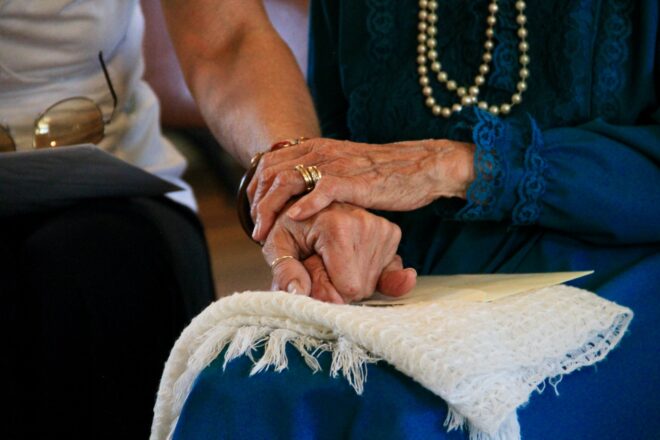Pennsylvania’s Filial Support Law – Why should you be concerned?

This is the second part of our three-part blog series on Pennsylvania’s Filial Support Law. In our first blog, we unraveled the intricacies of this law, and now, we delve deeper into its consequences. Join us as we explore the delicate balance between asset preservation and medical assistance, and uncover strategies to protect your future.
Conflicting Desires – Asset Preservation vs. Medical Assistance
In Estate Planning, it’s a common concern of clients to preserve enough estate assets through retirement to provide for an inheritance for the next generation. It’s a valid concern. One of the significant transfers of wealth in the United States is from a parent’s estate to a child. Baby Boomers presently own almost half of the privately owned businesses in the United States; that’s approximately 6.5 Trillion Dollars of Revenue held by persons aged 55+. Financial advisors call the transfer from Baby Boomers to Generation X, Millennials, and Generation Z, the “Great Wealth Transfer.” The Great Wealth Transfer will shift between 30 and 60 trillion dollars of wealth between the generations.
However, people are living longer than ever before, and as a result of that longevity they need additional care. For example, someone turning 65 today has almost a 70% chance of needing some long-term care, and women tend to need care longer. In 2021 the Pennsylvania state-wide average cost for a private room on an annual basis was $133,882, with Lancaster County averaging $144,905. This means that unless you were able to adequately plan while working (either with savings or long-term care insurance), your estate might be “spent down” to qualify for Medicaid (called Medical Assistance or “MA” in Pennsylvania).
What does Asset Preservation or MA have to do with filial support?
Nursing facilities are filing filial support lawsuits, especially when a Medical Assistance applications are denied due to recent transfers of assets (MA has a sixty-month “look back period”). It is essential that nursing facility bills are paid in full and that MA applications are not denied due to recent transfers of assets or inadequate verification of assets and transfers. Nursing facilities can choose who to sue if the debt is unpaid. That means if Child 1’s actions result in outstanding debt or a MA application denial, Child 2 could be sued.
In 2012 a Pennsylvania Court ruled that a son was liable under the filial support law for over $90,000.00 in nursing home costs incurred by his mother. His mother was in a car accident, and she applied for MA. While the application was pending, the mother left the facility and moved to Greece to live with her husband. The court ruled that the facility could choose which family members to pursue the outstanding debt and that the son was on the hook for the balance plus interest of 6%. The court also defined “indigent” as those who are entirely destitute and helpless and those who do not have sufficient means to provide for their own maintenance and support adequately.
In 2019 the Pennsylvania Supreme Court found that the Pennsylvania filial support statute also applies to a support claim by a healthcare provider for services provided in Pennsylvania for a disabled son against the parents who resided in New Jersey. Therefore, under current law, a non-resident of Pennsylvania could be liable under the Pennsylvania filial support statute if the care provided to that person is provided in Pennsylvania.
Stay tuned for the third installment in this series, where we navigate legal pitfalls and provide essential safeguards.
